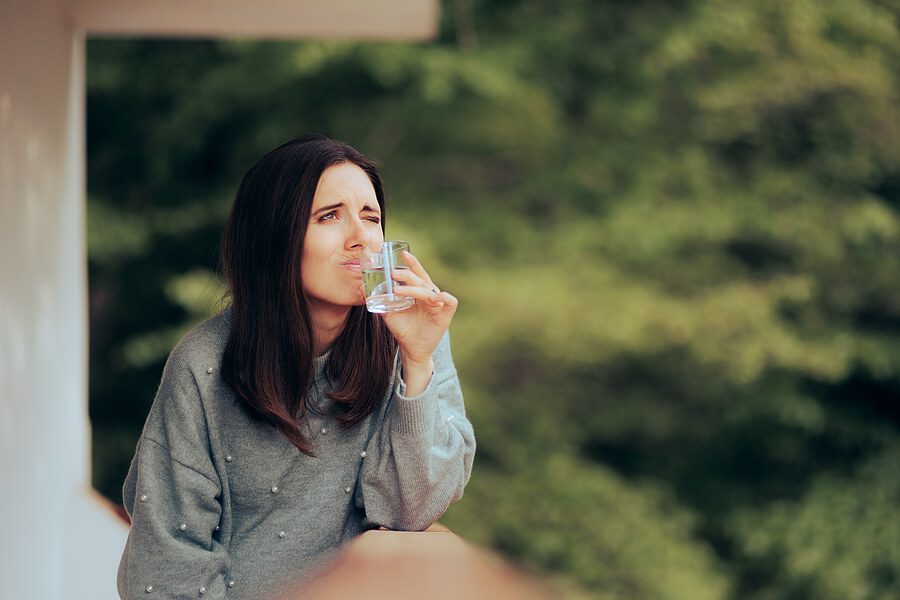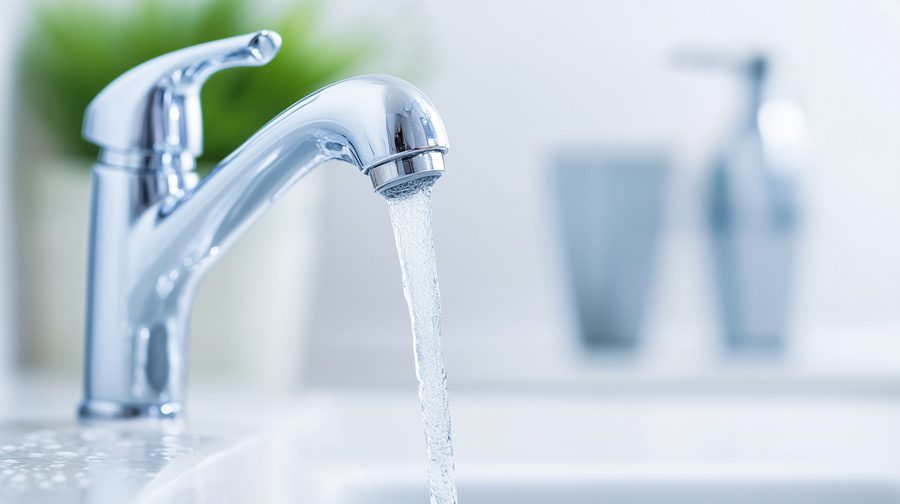Have you ever turned on the faucet and been hit in the face with the scent of rotten eggs? Most likely, you got a whiff of sulfur. Sulfur is the 16th element on the periodic table and can be quite useful. In fact, sulfur is in everyday products such as car batteries, fertilizer, and even gunpowder. As beneficial as sulfur is, it can also be dangerous, especially if sulfur is found in your water supply.
If you find yourself Googling “my tap water smells like sulfur” to figure out what to do next, we have some answers for you.
How to Get Rid of Smelly Water
- Look into getting a water softener. While this won’t eliminate the rotten egg smell, it will surely reduce the amount of sulfur in your water and clear out any other abrasive minerals that may be hard on your system. Water softeners also clean and filter out other minerals and sub minerals that are harmful to your body. Such minerals include calcium and other harmful composites that wear down most home appliances over time.
- Get an activated carbon filter. An activated carbon filter is designed to remove volatile organic compounds to ensure that you and your family drink clean water. It removes gases that contain sulfuric acid and other harmful composites that, if ingested in large quantities, can bring about symptoms such as nausea, vomiting, tiredness, disorientation, and in rare cases, fatal seizures.
- Use baking soda and vinegar. Use the tried-and-true baking soda and vinegar combination if your water smells bad. It has been a household remedy for generations. And that’s not to say that it isn’t effective. However, this will only work if you have already installed a new filtration system. Baking soda and vinegar eliminates any residual bad smells in your drain without you paying big bucks for a professional cleaning service. Run hot water through the pipes after you have let the vinegar and baking soda solution sit for a while. The reaction between vinegar and baking soda disrupts the covalent bond of the sulfuric molecules in your sink and sends those bad smells back down the drain.
- Clean your water tank. Maybe the problem isn’t the water. Maybe the problem is your tank. Your water tank pushes hundreds of gallons of water through every single day. Every flush, load of dishes, and dad watering the lawn can cause minerals and other harmful composites to build up in your water tank. Look into having your water tank cleaned. It isn’t super inconvenient and could be the source of the bad odors while being much more cost-effective. Generally, companies charge a cleaning fee of $275 to about $580. Other companies will tack on other fees, so you can also try cleaning the tank yourself. You will need sodium hypochlorite and water. Also, ensure that you take the proper precautions before attempting to do anything. Water tank cleaner is extremely reactive to skin and clothes. Read into safety requirements before attempting to clean the tank yourself.
- Consider a whole house water filtration system. If you find that your bathroom sink water smells, a new state-of-the-art filtration system could be the right option. This is the most effective method to ensure the total and professional removal of the sulfur smell. Don’t let the price scare you away. There are plenty of options to suit your budget.
Whether you are tired of bad smells in the kitchen ruining family dinner, or you and your showerhead are constantly butting heads, there are solutions. You can try to do it yourself with products at home. If you do, conduct extensive research to ensure you are as protected as possible. If you don’t want to solve this on your own, then buying a new filtration system is your best bet. If you want to learn more about water filtration systems and where you can get them, contact RainSoft for more information.








